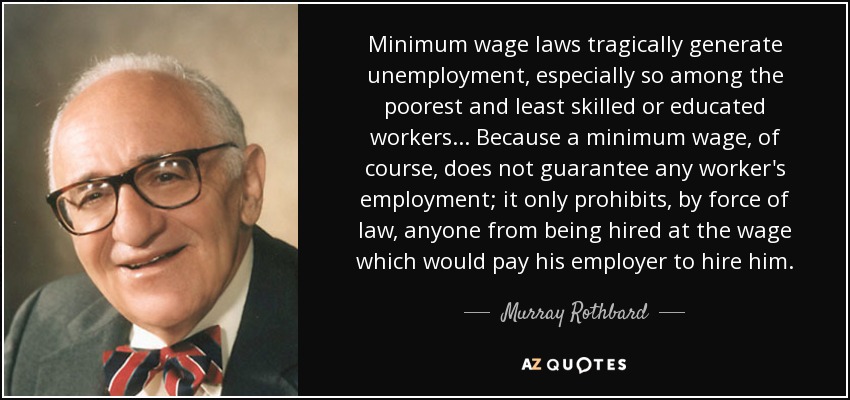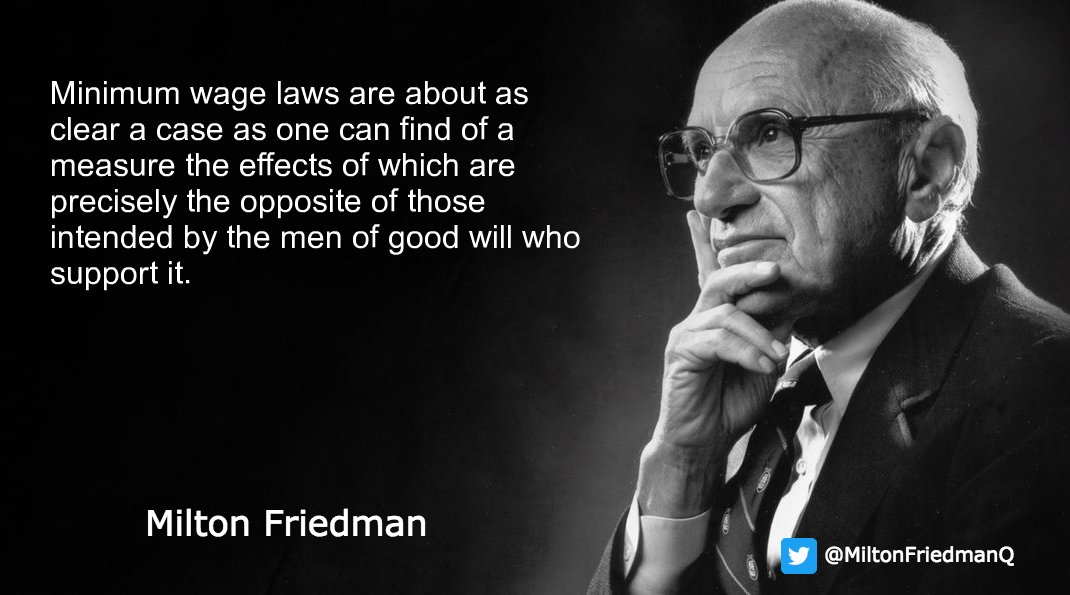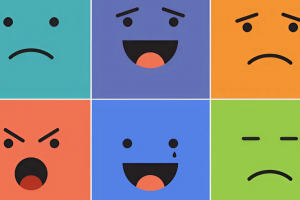Having a lower-paying job is not 'exploitation' for many people who are struggling. A lifeline, really.
Being homeless is worse than being in prison, according to Lang Martinez, who spent time living on the streets of Ventura County, California.
It's a distinct way of living. You oppose incarceration, don't you? No. Martinez, a former member of a Los Angeles gang who is now an advocate against homelessness, recently stated to California Insider that prisons have structure. The "rules of engagement" are present in the streets.
Martinez concurs with the popular understanding that substance misuse and mental illness are the main causes of homelessness, but current scholarly research reveals that the situation is more nuanced.
The authors of a recent study from the University of California, San Francisco claim that income loss is the single biggest cause of homelessness, outpacing mental illness, drug addiction, and other factors.
Margot Kushel, a physician and the director of the UCSF Benioff Homelessness and Housing Initiative, which carried out the study, said, "I think it's really important to note how [desperate] poor people are, and how much it is their poverty and the high housing costs that are leading to this crisis."

As of 2022, there were 115,491 homeless persons living in California, which makes up around 30% of all homeless people in the United States. Some campaigners expressed the hope that the new data will "inform a statewide strategy" to address the issue.
However, other research, such as a recent report by University of California economist Seth J. Hill titled "Minimum Wages and Homelessness" published last month, argues that California's own policies have aggravated its homelessness pandemic.
To ascertain the connection between wage floors and homelessness, Hill looked at 100 cities between 2006 and 2019 using information from the Department of Housing and Urban Development and other sources. The results are dismal.
"Merging administrative data from HUD to state and local minimum wage laws suggests that minimum wages induce increases in homeless counts," argues Hill. "Relative homeless counts rise by three to four percent when cities raise their minimum wages by ten percent."
Hill's article won't be the last word on the topic of minimum wage laws and homelessness, but it offers more proof of a persistent fact that advocates for the minimum wage frequently ignore: Laws governing minimum wages frequently hurt the very individuals they are meant to assist.
For many years, it was almost unanimously believed that raising the minimum wage would have unfavorable trade-offs. Numerous economists have noted how these negative effects, such as job losses, frequently affected those with the fewest abilities and the lowest value.
The economist Thomas Sowell famously said, "One of the effects of a minimum wage law, when it is effective, is that many unskilled and inexperienced workers are priced out of a job, when employers do not find them worth what the law specifies."
This is why, until recently, even periodicals with a left-leaning inclination, like the New York Times, acknowledged that adopting minimum wage laws to fight poverty was a "old, honorable — and fundamentally flawed" idea because it would "price working poor people out of the job market."

Once upon a time, economists virtually ever disagreed that raising the minimum wage causes higher unemployment, and even now, a thorough review of the literature reveals that a "clear preponderance" of the scientific evidence confirms this effect.
Hill's conclusion should not shock us in view of this evidence and the more recent UCSF findings.
According to his writing, "to the extent minimum wages cause low skill workers to lose their jobs, the lost job can worsen already preexisting economic insecurity and reduce ability to pay for housing."
This discovery is ironic in addition to terrible. Politicians and wage-justice fanatics who are proud of the notion that by pushing for higher minimum wage regulations, they are battling poverty, are not only costing numerous lower-skilled employees their jobs. In reality, they are driving a lot of them into homelessness.
This should not come as a surprise once more. The economist Murray Rothbard notably pointed out the absurdity of the notion that forbidding employment was a route to prosperity decades ago.
Remember that the minimum wage rule "does not create jobs; it only outlaws them, and outlawed jobs are the inevitable outcome," Rothbard advised.
This does not imply that pay floors are the only factor in homelessness, which is a complex issue that involves people as well. Without a doubt, Lang Martinez is right when he claims that mental illness and substance misuse play a big part.
These facts, however, must not eclipse another reality: For many people in need, working a lower-paying job is not "exploitation." A lifeline, really.


























